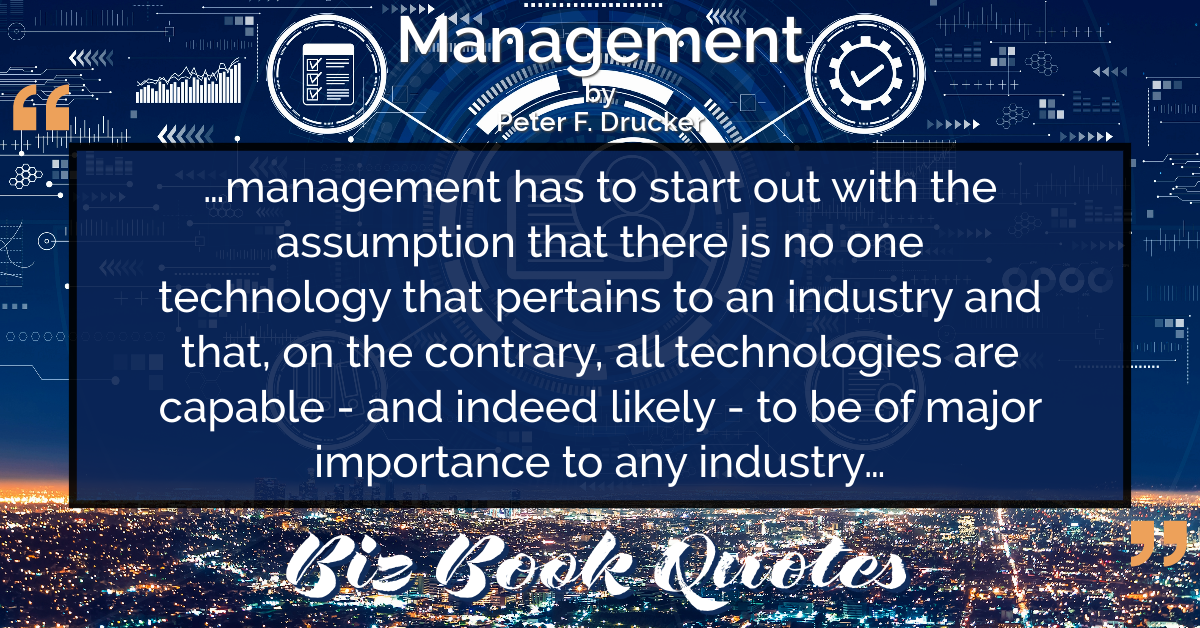 |
…management has to start out with the assumption that there is no one technology that pertains to an industry and that, on the contrary, all technologies are capable – and indeed likely – to be of major importance to any industry…
|
075 |
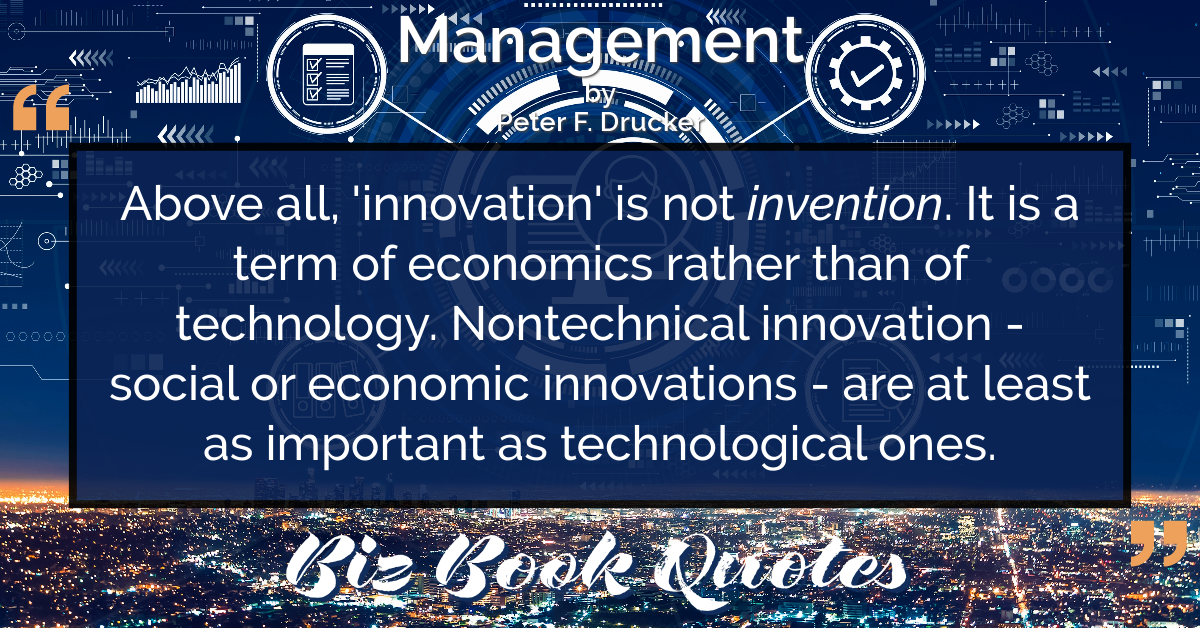 |
Above all, ‘innovation’ is not invention. It is a term of economics rather than of technology. Nontechnical innovation – social or economic innovations – are at least as important as technological ones.
|
100 |
 |
…if new information technology is abused to impose control on managers from above, it will inflict incalculable harm by demoralizing management and by seriously lowering the effectiveness of managers.
|
266 |
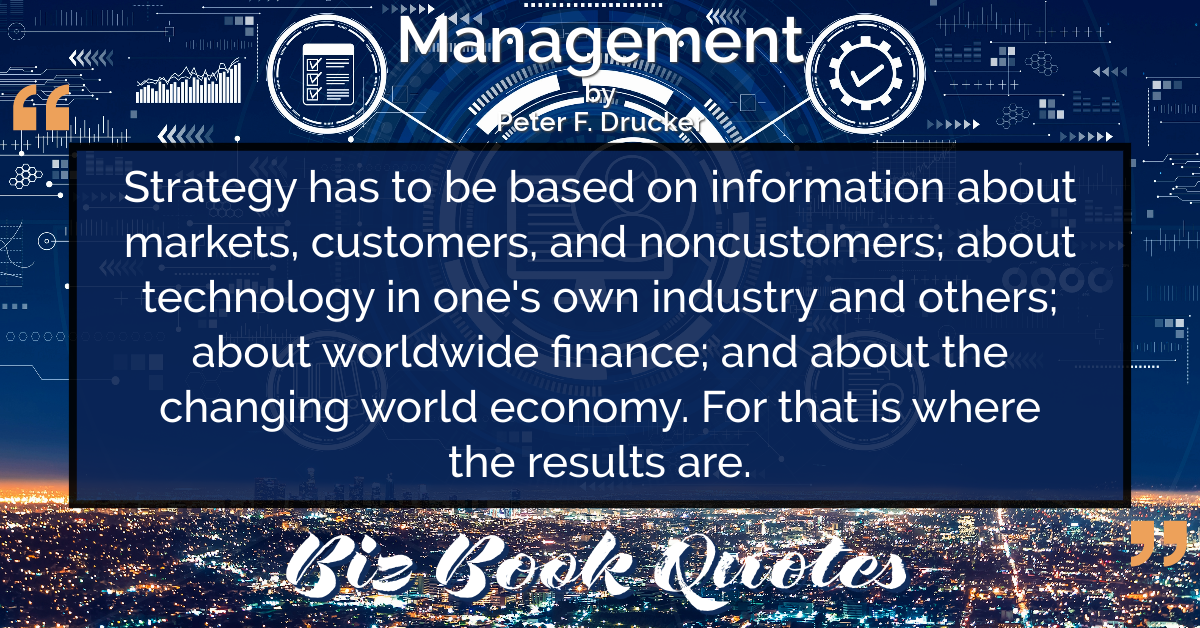 |
Strategy has to be based on information about markets, customers, and noncustomers; about technology in one’s own industry and others; about worldwide finance; and about the changing world economy. For that is where the results are.
|
347 |
 |
…multiproduct, multitechnology, and multinational companies of today do have to concern themselves, in their organizational design and structure, with organization according to the flow of information.
|
409 |
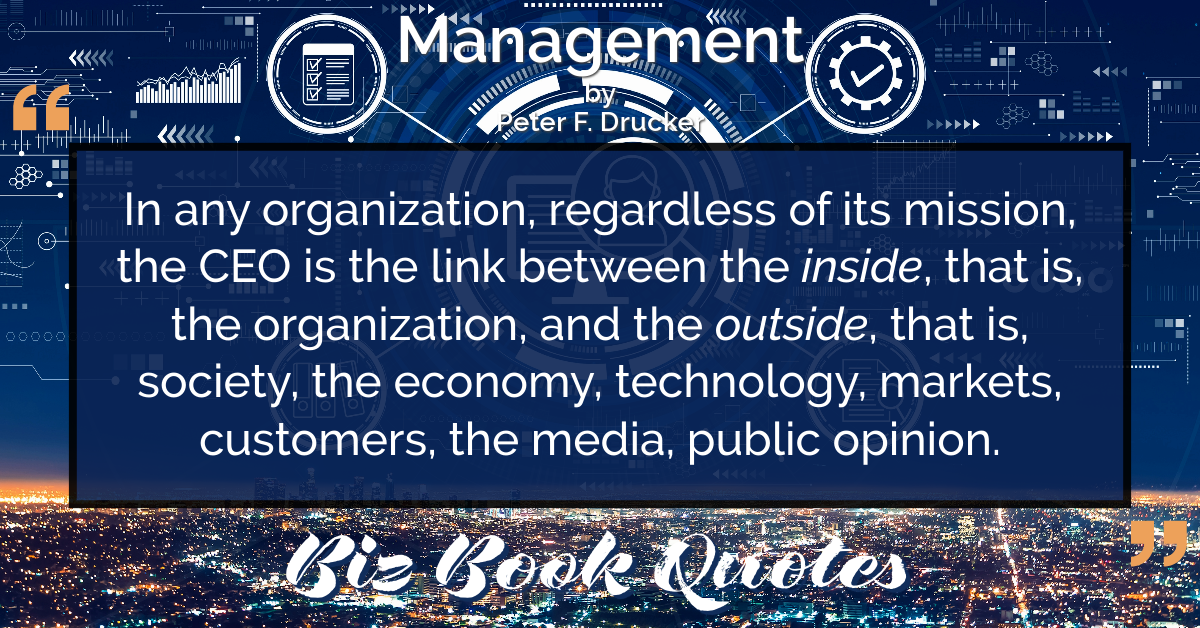 |
In any organization, regardless of its mission, the CEO is the link between the inside, that is, the organization, and the outside, that is, society, the economy, technology, markets, customers, the media, public opinion.
|
464 |
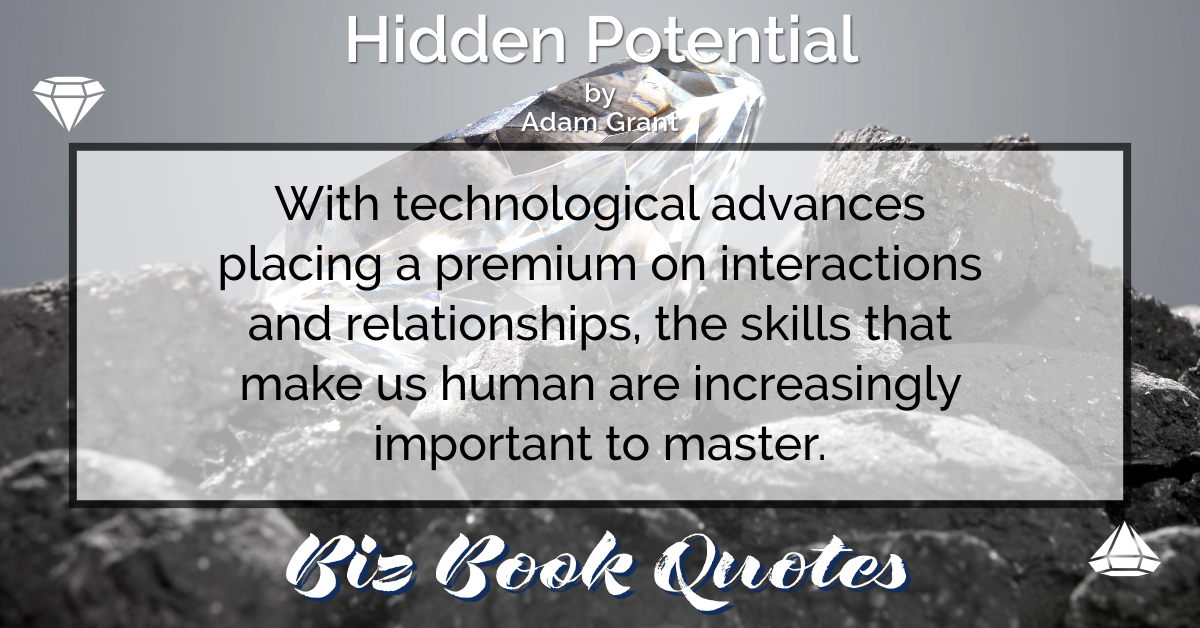 |
With technological advances placing a premium on interactions and relationships, the skills that make us human are increasingly important to master.
|
022 |
 |
…high tech is no longer enough. We’ll need to supplement our well-developed high-tech abilities with abilities that are high concept and high touch.
|
051 |
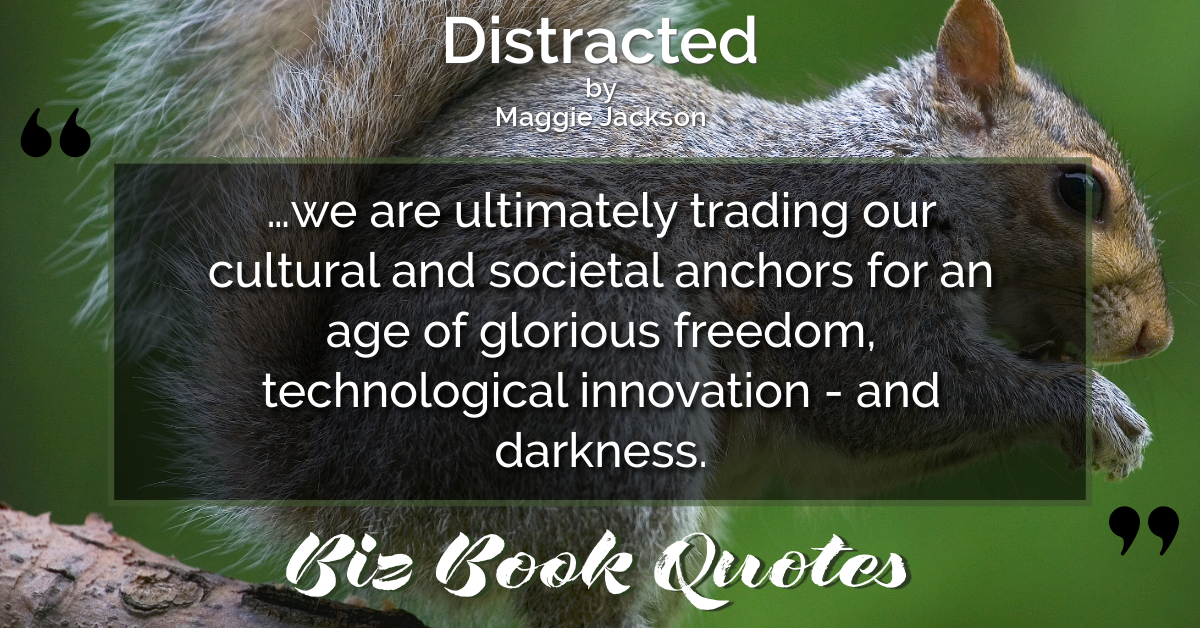 |
…we are ultimately trading our cultural and societal anchors for an age of glorious freedom, technological innovation – and darkness.
|
015 |
 |
Depending too heavily on multitasking to navigate a complex environment and on technology as our guide carries a final risk: the derailing of the painstaking work of adding to our storehouses of knowledge.
|
093 |